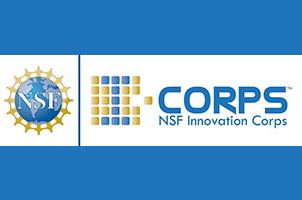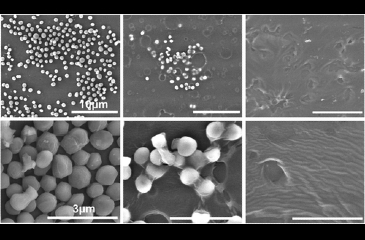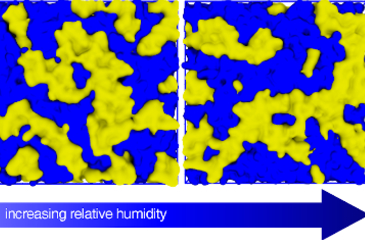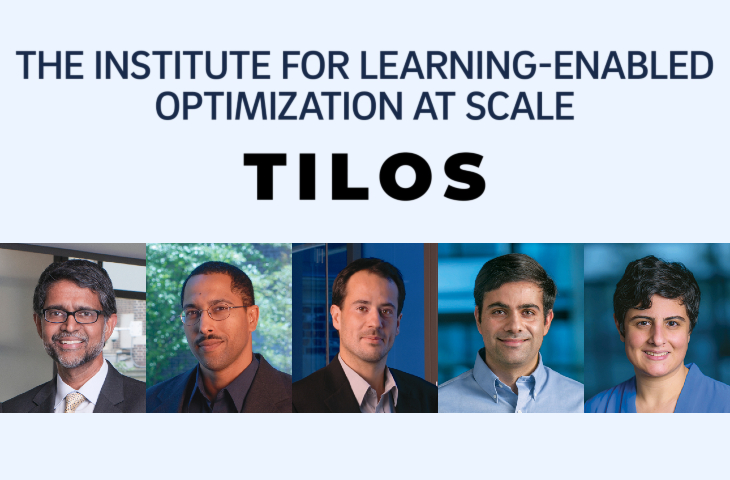
A team of Penn researchers working at the intersection of the chemistry and physics of materials and their integration into semiconductor devices have joined IMOD, … Read More ›

A team of Penn researchers working at the intersection of the chemistry and physics of materials and their integration into semiconductor devices have joined IMOD, … Read More ›

A decade ago, the National Science Foundation started its Innovation Corps program to help translate academic research into the wider world. Functioning as a national … Read More ›

The animal kingdom is full of creatures with active camouflage. What looks like a drab pile of sand and rocks might actually be a brightly … Read More ›

Assistant Professor Lu Lu, an expert in machine learning and multiscale modeling as they pertain to biomedical systems, is the newest member of the Department … Read More ›

By picking out hidden relationships within vast data sets, machine learning algorithms promise to revolutionize entire industries with faster, more accurate decisions and personalized recommendations. … Read More ›

Xunjing Wu was working as a GIS analyst in a global infrastructure company in 2015 when she signed up for her very first computer science … Read More ›

Endotracheal tubes are a mainstay of hospital care, as they ensure a patient’s airway is clear when they can’t breathe on their own. However, keeping … Read More ›

Fuel cells are likely to become an important energy conversion solution, as they can turn clean, abundant hydrogen into large amounts of electrical power — enough … Read More ›

When it comes to supercomputers, raw speed is no longer enough to tackle some of the world’s most pressing problems. When the data being crunched … Read More ›

Through a $20 Million grant, the National Science Foundation (NSF) has established the Institute for Learning-enabled Optimization at Scale, or TILOS. As one of TILOS’ … Read More ›